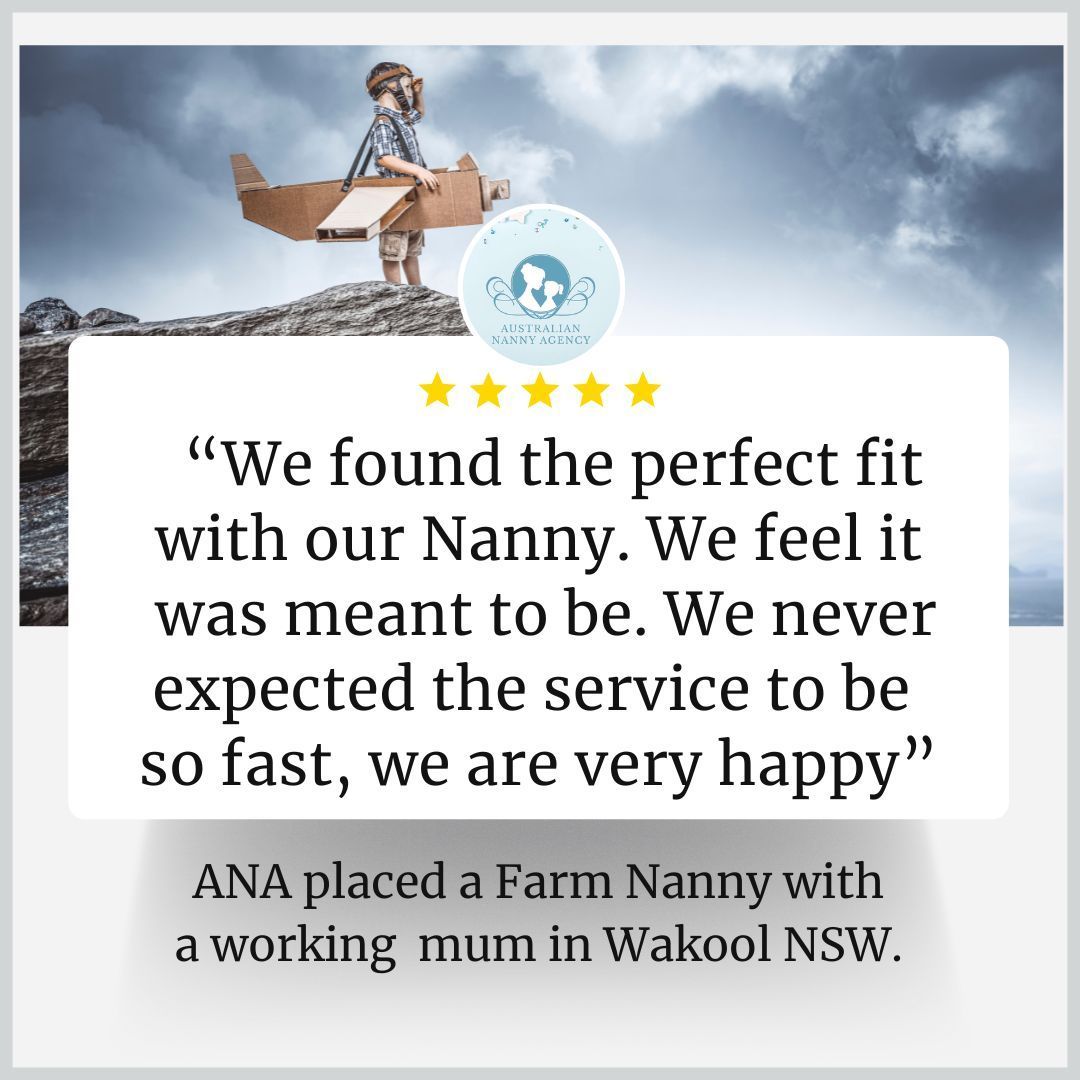As of 1 February, businesses will now be legally required to grant 10 days’ paid leave for employees who experience family and domestic violence.
Warning: This article mentions domestic and family violence and may be distressing for some readers. If you or someone you know needs help or support, phone 1800RESPECT or Lifeline on 13 11 14. Or visit the 1800RESPECT website.
Recent changes to the National Employment Standards (NES) will see workers entitled to 10 days’ paid family and domestic violence leave every year, an increase of five days under the previous scheme.
For businesses with more than 15 employees, the new laws commenced on 1 February 2023. Businesses with less than 15 employees have until 1 August 2023 to respond to the changes.
The important and long overdue changes have generated lots of questions, including who is eligible for the leave entitlement? Does paid domestic leave accumulate over time? Will casual employees be able to access the scheme?
What circumstances warrant access to the leave?
As a first step, it’s essential the definition of family and domestic violence is well understood. If the behaviour is violent, threatening or abusive, it’s family and domestic violence. If the behaviour seeks to coerce or control an employee, or causes them fear – including if this is coming from their current partner, a former partner or a member of their household – it’s family and domestic violence.
The new rules around paid family and domestic violence leave also extends to an employee’s close relatives, including a de facto partner or former de facto partner, a child, a parent, a grandchild, a grandparent or a brother or sister.
The changes to the NES also allow an employee to take paid family and domestic violence leave if a child, parent, grandparent, grandchild or sibling of their current or former spouse is a survivor of family or domestic violence. Likewise, if an employee’s de facto partner or a person related to them according to Aboriginal or Torres Strait Islander kinship rules is experiencing family violence, that employee is also entitled to such leave.
How can paid domestic violence leave be used?
Survivors and their support network can use their ten days to access medical and crisis support or to find short-term accommodation.
It can also be used to attend court hearings or counselling, to access police services or to attend appointments with medical, financial or legal professionals.
When do employees have access to it?
Employees can access paid domestic violence and family leave from the moment their employment contract commences.
Paid family and domestic violence leave works differently to other types of leave as the entitlement is provided up front. Workers are entitled to ten days’ paid leave within 12 months. It does not accumulate over time; it renews each year on the employee’s start-date anniversary.
Importantly, an employee, whether they are a survivor or a close family relative, does not have to provide notice to access the leave. However, they do have to notify their manager.
Casual and part-time employees also have access to this new leave scheme.
Do employees need to provide evidence?
While it is not a requirement to provide evidence before accessing this leave, employers do have the right to ask the employee for it.
Employers can also ask questions to assess whether or not it is practical for the employee to access the support they need outside of work hours. However, employers are advised to tread very carefully to ensure they don’t exacerbate the situation.
An employer cannot share the information provided to them, unless:
- The employee consents;
- The employer is required to deal with the information by law such as a legal request by police officers or payslip information requested by the Fair Work Ombudsman;
- It is necessary to protect the life, health or safety of the employee or another person.
Using the private information for other purposes, such as termination of employment, performance management or a demotion, will be considered adverse action and will trigger General Protections provisions.
It’s also important to note that employers are not allowed to record ‘domestic and family violence leave’ on an employee’s payslip, as a means to protect employees in case a perpetrator was to get access to their payslips.
How does the payment work?
Family and domestic violence leave payments will need to be made to full-time and part-time employees on the basis of the wage they would normally be entitled to.
Basic wages, incentive-based payments and bonuses, loadings, allowances, overtime or penalty rates or any other separately identifiable amounts, must be included in the payments.
The paid family and domestic violence leave benefits will require a shift in thinking when it comes to domestic violence being disclosed to an employer.
This leave is just one way to support survivors. Employers can also help in a bigger-picture sense, such as by providing access to employee assistance programs, assuring employees that their personal information will be kept private and facilitating a safe environment for them to ask for any further support they may need to get back on their feet.
Jonathan Mamaril is the Director of NB Employment Law.
This article is a extract of the original article there has been some small changes to relate to our industry by HMR you can see the complete article here.
Be the first to comment on this article
Blog









